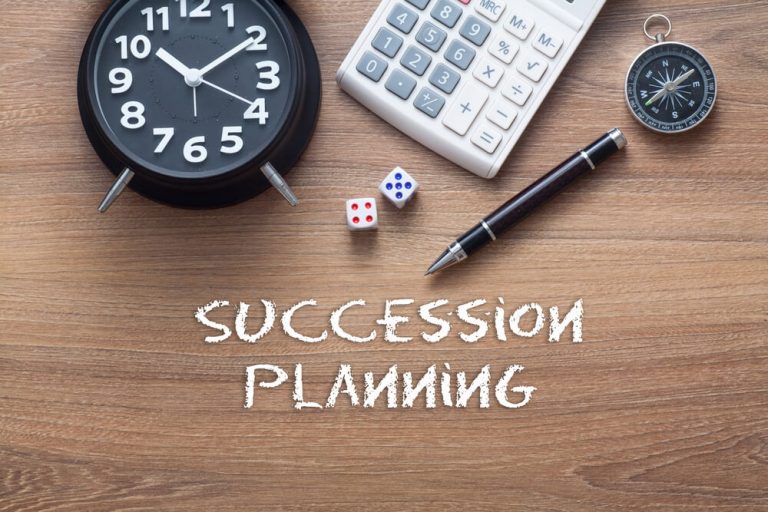“Work to live, don’t live to work’

The Australian Bureau of Statistics reports that there are over two million small businesses in Australia, that is businesses with less than 15 staff. I don’t know about you, but I find that phenomenal! It explains why there is (now) so much support for small business and why it’s such a big part of any election campaign.
I recently returned from an extended holiday in the US to attend my brother’s wedding, however, since it’s such a distance to travel and the jet lag is horrendous, especially for my two year old son, I tacked on a cruise. Now, that’s a luxury that most small businesses cannot afford and I count myself very lucky. Not only to be able to go away for so long, but to be able to leave my business for such an extended period.
Apart from the fact that technology has made travel and distance so much easier, in recruitment you really need to be face-to-face with clients and candidates. What did I do? Well, I succession planned. I ensured I had people in place to deal with any business opportunities that came through and also to ensure my current clients felt ‘loved’ while I was away. In fact, most of them didn’t even notice I was gone!
My question is, if you are a small business (or any size business in fact), can they survive without you? Do YOU have a plan in place for that extended leave or an emergency that will see you out of the office for a number of weeks or months? Maybe you are thinking of selling or leaving the business? Either way, having a succession plan in place is crucial.
What is succession planning? Well it’s a process used to identify and develop internal staff with the potential to fill key business leadership positions in your company. Not only does this help you when you want to take a break, no matter whether its two days, two weeks or two months, but it also ensures that you are covered should a staff member leave suddenly. The number of frantic calls I receive from owners and executives about roles needing to be filled ‘yesterday’ is still as common as it was ten years ago. So many business owners are running around trying to do everything themselves and not investing in training and/or delegating enough to their staff.
No matter whether you are just setting up or growing a business, there’s no doubt it takes up a lot of your time and energy. However, you must spend the necessary time thinking about your succession plan.
A good succession plan for a small business owner should cover:
- Likely dates or timeframes as to when you plan to take a break or leave the business;
- Identification of your successor – this could be a current employee or future owners;
- Identification of the talent in your team then to help these employees , develop their leadership skills, communicate likely future opportunities for them in your business and make them feel valued. Start delegating work to them.
- Make sure your financial and operations are in order, ask your accountant to carry out a financial health check and it also may be worthwhile having external due diligence done on your processes, procedures, documentation, job descriptions and systems (Elite Executive HR can assist with this);
- Know what your business is worth – this is extremely important if you are thinking of selling. Many small business owners assign a value to their business that is, mostly, significantly above what they would likely receive from a sale. A business broker would be able to give you a realistic market value and also advise you what steps you would need to take to enhance the businesses likely sale price.
Succession plans should be in place for all key employees in a business. If you are time-poor and need guidance, there are a number of good consulting firms that can assist no matter how small or large your business.
Now go and put your succession plans in place, I’m going to book my next holiday
Eva Grabner
Managing Director
Elite Executive Pty Ltd
eva@eliteexecutive.com.au
0409 59 11 88
 Posted By: Eva Grabner | on June 6 2016
Posted By: Eva Grabner | on June 6 2016